24 Oct 2017
Participants recently gathered for a combined community meet-up for the Annotating All Knowledge Coalition, Collaborative Knowledge Foundation (Coko), and friends, co-located in Berlin with FORCE2017.
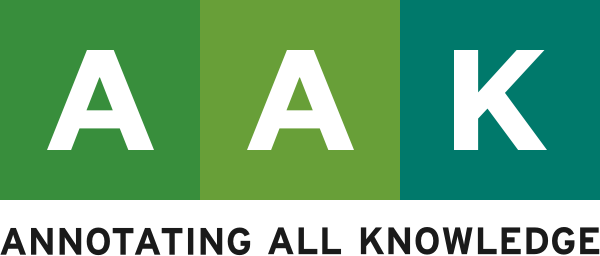
Participants recently gathered for a combined community meet-up for the Annotating All Knowledge Coalition, Collaborative Knowledge Foundation (Coko), and friends, co-located in Berlin with FORCE2017.
A coalition of some of the world’s key scholarly publishers, platforms, libraries, educational institutions, and technology organizations are coming together to create an open, interoperable annotation layer over their content.
For decades web pioneers have imagined a native and universal collaborative capability over the Web. Many projects have experimented with it, yet in 2015 we’re still stuck with the same patchwork of proprietary commenting systems, only available in some places.
In the last few years a small community has been working to change that. Their goal is to standardize “annotation” as a unit of conversation built into the very fabric of the Web. In late 2014 the World Wide Web Consortium (W3C), the standards body for the Web, established a formal Working Group to support this standards effort. Much progress has been made, and many implementations are now mature enough to be deployed.
Scholars are natural annotators, as the process of creating new knowledge requires building on what’s come before. So, in order to bring this capability to the areas where new knowledge is created and published, we sought out some of the world’s most essential scholarly publishers and knowledge platforms. They realize that a robust and interoperable conversation layer can transform scholarship, enabling personal note taking, peer review, copy editing, post publication discussion, journal clubs, classroom uses, automated classification, deep linking, and much more. They understand that this layer must evolve as an open, interoperable, and shared capability aligned with the motivations and interests of scholars and researchers. They are agreeing to collaborate openly with their peers, to share experiences, and to work together towards mutual objectives.
The coalition's members represent some of the world’s key scholarly publishers, platforms, libraries, educational institutions, and technology organizations.
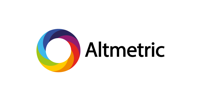
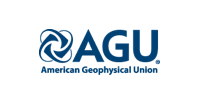
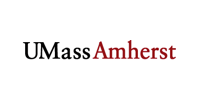
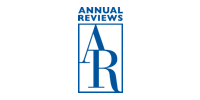
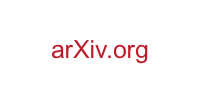
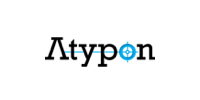
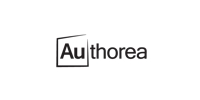
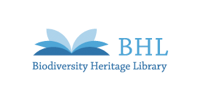
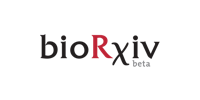

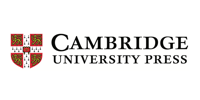
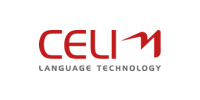
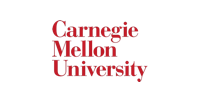

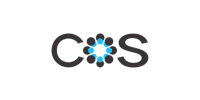
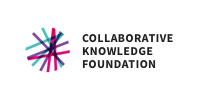
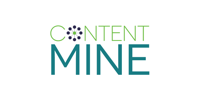

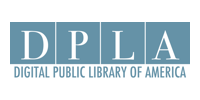
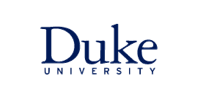
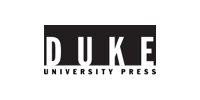


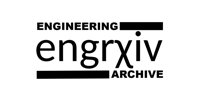
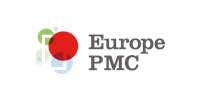

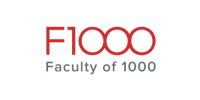
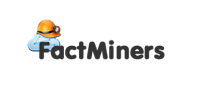
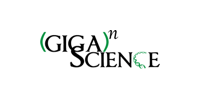
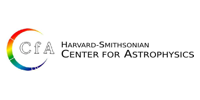
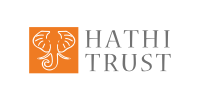
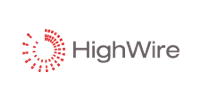

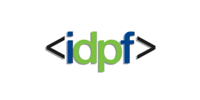
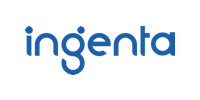
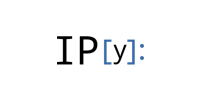
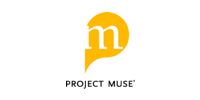
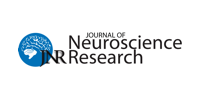
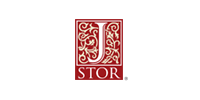
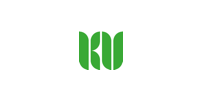
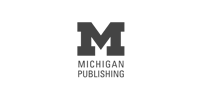
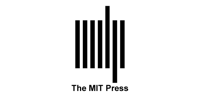
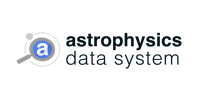
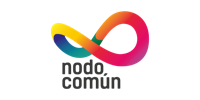
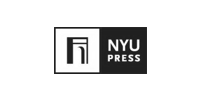

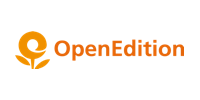
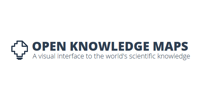

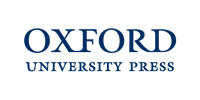

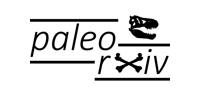
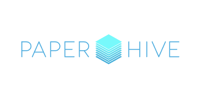
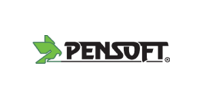

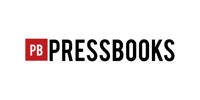
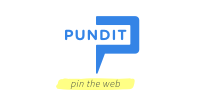
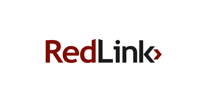
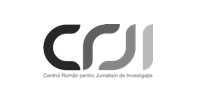
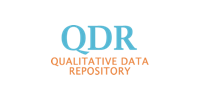
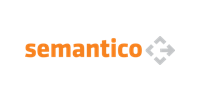
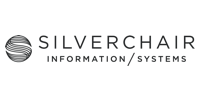
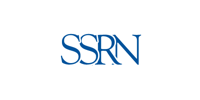
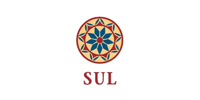
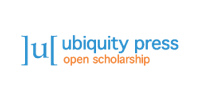
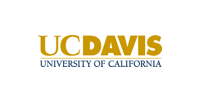

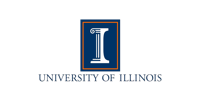
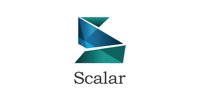
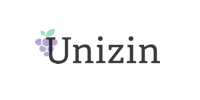



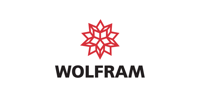
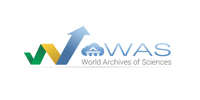
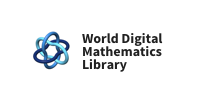
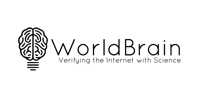
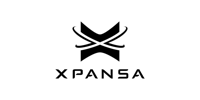
Our goal is that within three years, annotation can be deployed across much of scholarship. Today, coalition members are in different phases of engagement. Some have already implemented annotation natively and are working to increase adoption and develop new uses, others are at the very beginning of the process. Objectives for the first year, in 2016, are to begin socializing the progress that’s been made, to identify opportunities and discuss potential challenges, lay out a common roadmap, and for most to begin the process of design and experimentation necessary to implement annotation in their own context.
The coalition is open to any scholarly publisher, platform, library, educational institution, or technology organization that shares our vision and objectives and wants to participate. Interested parties can email: coalition@hypothes.is for more information.
You can read the full press advisory here.